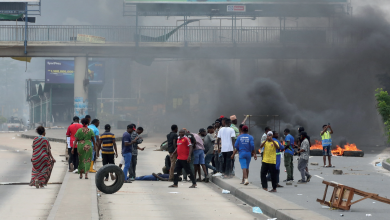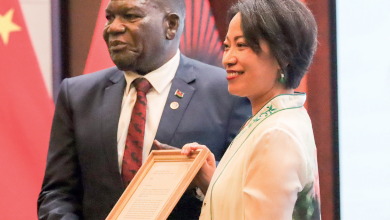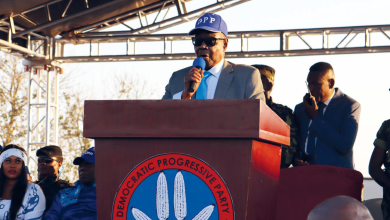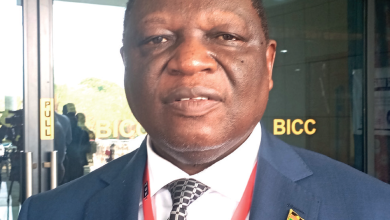46 000 HIV+ Malawians ‘on the loose’, raise concern
Ministry of Health says there are about 46 000 HIV-positive Malawians who do not know their status and are consequently not on antiretroviral therapy (ART), raising concerns about spread of new infections.
The ministry’s HIV and Viral Hepatitis Directorate deputy director Rabson Kachala said the figure is based on data captured during a quarterly supervision exercise conducted in March this year across 800 health facilities.
He said while 991 000 people in Malawi have tested HIV positive, only around 945 000 are currently accessing ART.

“This is a significant treatment gap. Many of the individuals who are not on ART fear stigma and discrimination which keeps them away from health facilities. This is a serious public health concern,” Kachala said.
Speaking on the sideline of a media workshop in Mponela, Dowa that focused on the recent donor funding freeze and the government’s strategies to sustain HIV services in the country, he also called for more aggressive public sensitisation to encourage people to know their HIV status and seek treatment early.
Kachala stressed that access to ART remains uninterrupted despite the ongoing restrictions on some donor-funded activities.
“There are misconceptions that ARVs are not available, but that is not true. These drugs are procured through the Global Fund and remain fully stocked. People should collect their medication on their scheduled dates without fear,” he said.
According to Kachala, the government has increased domestic financing for HIV programming in the 2025/26 financial year to K3.4 billion. This includes K1 billion for ART co-financing, K2.4 billion for sample transportation, and K500 million for capacity building.
Network of Journalists Living with HIV executive director David Kamkwamba appealed to the media to take an active role in raising public awareness about Malawi’s HIV response and the evolving funding landscape.
“The media must help break the silence and reduce stigma by consistently covering issues around HIV treatment, prevention and sustainable financing,” he said.
Kamkwamba said continued misinformation about ARV availability, coupled with low community engagement, risks eroding years of progress made in the fight against HIV in Malawi.
The ART treatment gap comes amid lingering aftershocks from a sweeping “stop work order” issued by USAid under US President Donald Trump, which froze funding for multiple health programmes in Malawi and has since had immediate and far-reaching consequences for community health services, especially HIV and Aids interventions.
In 2022, Minister of Health Khumbize Kandodo Chiponda announced that Malawi had surpassed the United Nations Aids Agency (UNAids) 95-95- 95 HIV epidemic control targets ahead of the deadline in June 2025.
The statistics show that Malawi is now at 94:99:95, meaning that 94 percent of all people with HIV are aware of their status, 99 percent of those aware of their status are on ART and 95 percent of those on antiretroviral treatment have achieved viral load suppression.





